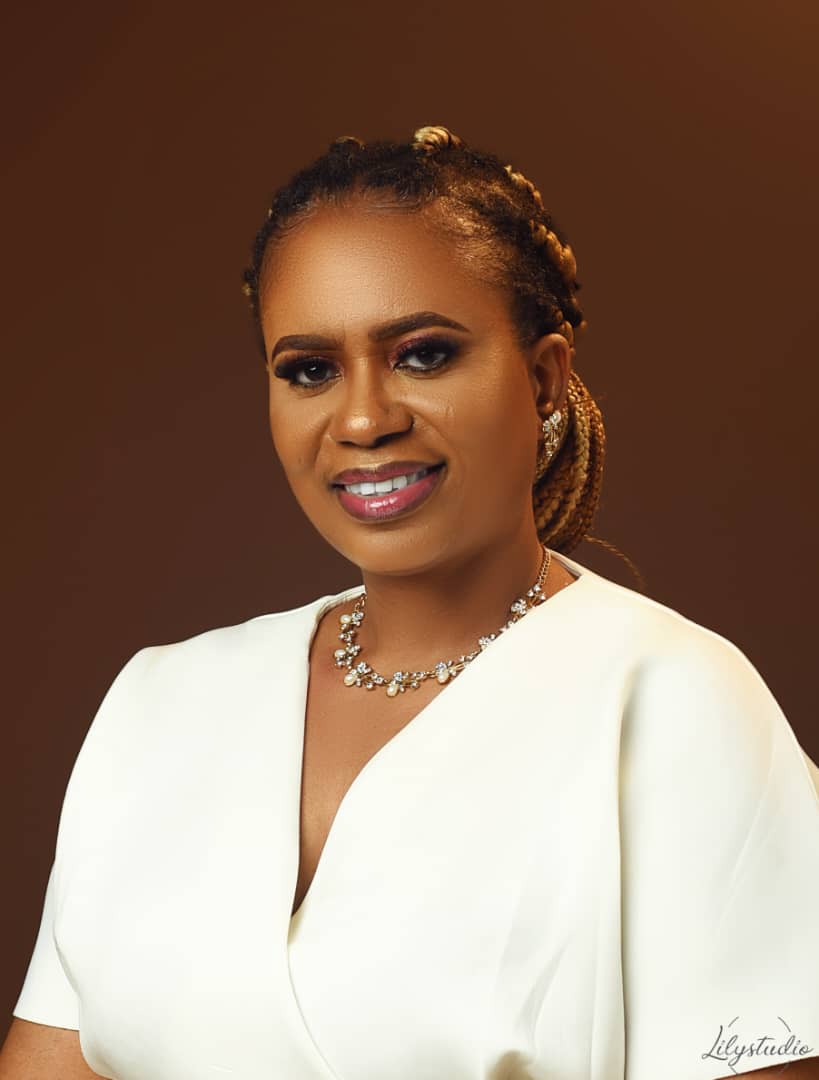The Federal High Court sitting in Lokoja has delivered a landmark judgment upholding the constitutional validity of the Advertising Regulatory Council of Nigeria Act 2022 and affirming ARCON’s authority to regulate advertising across Nigeria.
In the case of GODEC Power Nigeria Ltd vs Attorney General of the Federation & Advertising Regulatory Council of Nigeria, Suit No: FHC/LKJ/CS/20/2024, Justice Isa H. Dashen on November 12, 2025, dismissed the plaintiff’s suit in its entirety and awarded costs of N500,000 in favor of each defendant.
Court Upholds National Assembly’s Legislative Competence
Justice Dashen held that the Advertising Regulatory Council of Nigeria Act No. 23 of 2022 was validly enacted by the National Assembly pursuant to Section 4(2) and (4) of the Constitution and Items 49, 62 and 68 of the Exclusive Legislative List.
The court emphasized that advertising, being the communicative vehicle of trade and commerce, is manifestly incidental to those heads of legislative power and is also an organized professional occupation akin to the disciplines expressly regulated under Item 49 of the Exclusive Legislative List.
“The National Assembly therefore acted intra vires when it enacted the ARCON Act to regulate the standards, ethics, and professional practice of advertising throughout the Federation,” Justice Dashen declared.
The judge added that to hold otherwise would be to excise from the National Assembly the power to regulate the very medium by which trade and commerce operate, describing such a result as absurd and never contemplated by the framers of the Constitution.
ARCON Act Applies to All Participants in Advertising Ecosystem
GODEC Power Nigeria Ltd had challenged the ARCON Act, arguing that it unconstitutionally extends beyond practitioners to any person who engages in or benefits from advertising. The court firmly rejected this argument.
Justice Dashen ruled that Section 2(2) of the ARCON Act, which stipulates that its provisions shall apply to any person who engages in, regulates, sponsors, or takes benefit of advertising, advertisement or marketing communication services, is constitutional and enforceable throughout the Federal Republic of Nigeria.
The court noted that such extended application is neither novel nor unconstitutional, citing similar formulations in the Engineers Registration Act, Medical and Dental Practitioners Act, and other professional statutes which apply regulatory obligations to any person, even though the primary subject is a profession.
“Accordingly, the ARCON Act’s reach to persons who sponsor, publish, or benefit from advertisements is a necessary incident of effective regulation and is fully consonant with constitutional competence,” the judge held.
No Conflict With Local Government Powers
One of the central arguments advanced by GODEC was that the ARCON Act conflicts with paragraph 1(k)(i) of the Fourth Schedule of the Constitution, which places signboards and advertisements under Local Government control. The court dismissed this contention.
Justice Dashen clarified that paragraph 1(k)(i) concerns the physical regulation of signboards, billboards, and hoardings within a local jurisdiction, that is, the medium or physical infrastructure of display. The ARCON Act, by contrast, concerns the content, quality, and ethical standard of advertising messages disseminated to the Nigerian public.
“The two operate in distinct spheres and are complementary, not conflicting,” the judge stated, adding that construed as a whole, there is no collision between the ARCON Act and paragraph 1(k)(i), and both can coexist without constitutional disharmony.
Prior Approval Requirement Does Not Violate Freedom of Expression
GODEC had also argued that Section 54 of the ARCON Act, which requires prior approval from the Advertising Standards Panel before advertisements can be exposed to the Nigerian market, violates Section 39 of the Constitution guaranteeing freedom of expression.
The court ruled that this argument ignores the explicit limitation in Section 45(1) of the Constitution, which permits restrictions reasonably justifiable in a democratic society in the interest of public order, morality, or public safety.
“The regulatory pre approval requirement does not suppress expression; it merely ensures that public communications conform to lawful standards of decency, truthfulness and fairness,” Justice Dashen held.
The judge emphasized that such prophylactic regulation is a legitimate incident of state oversight over commerce and communication, akin to the regulation of broadcast content by the NBC or pharmaceuticals by NAFDAC.
Court’s Final Orders
In his final determination, Justice Dashen made the following declarations:
The ARCON Act was validly enacted by the National Assembly pursuant to constitutional provisions; Sections 2(2), 8, 9 and 54 of the ARCON Act are constitutional, valid and enforceable throughout Nigeria; the Act does not offend paragraph 1(k)(i) of the Fourth Schedule, the two provisions operating in distinct and harmonious fields; GODEC’s right to freedom of expression has not been violated, the regulatory scheme of the ARCON Act constituting a lawful and reasonable limitation under Section 45(1); and GODEC failed to establish any entitlement to declaratory, injunctive or monetary reliefs.
The court ordered that the plaintiff’s suit fails in its entirety and is hereby dismissed, with costs of N500,000 awarded in favor of each defendant against the plaintiff.
Contrasting Judicial Interpretations
Recall that on Friday, November 7, 2025, a different Federal High Court in Lagos had delivered a contrasting judgment in the case of Massilia Motors Limited vs Advertising Regulatory Council of Nigeria, Suit No: FHC/L/CS/1044/2025.
Presided over by Honourable Justice Akintayo Aluko, that court declared sections of the ARCON Act 2022 unconstitutional, particularly those granting ARCON authority over outdoor advertising and hoardings, including power to vet and approve messages previously done by the Advertising Standards Panel.
The Lagos ruling also invalidated the Notice of Violation issued to Massilia Motors Ltd and the criminal summons from the Advertising Offences Tribunal, with the court holding that the authority to regulate outdoor advertising and hoardings lies exclusively with Local Government Councils under the Constitution.
ARCON DG’s Response to Lagos Ruling
Reacting to the Massilia Motors judgment, the Director General of ARCON, Dr. Olalekan Fadolapo, had expressed strong reservations about the court’s interpretation. Speaking with MARKETING EDGE, Dr. Fadolapo stated, “We believe that the judgment was delivered in error. Its implementation will not only be chaotic but a major bottle neck for the advertising ecosystem. Conflicting and overlapping sections of the Constitution should have been interpreted to serve justice, equity, and resolve the mischief the law seeks to address.”
He further highlighted the nuances of legal interpretation, explaining, “For example, there is a power of punctuation in a word. If the Constitution has said, ‘outdoor advertising, comma, and hoarding,’ the judge could have interpreted outdoor advertising as a stand alone word arrogating the full power to regulate outdoor practice on local government. The decision delivered provides an omnibus interpretation of outdoor advertising regulation, which risks throwing the industry into major crisis and chaos.”
Reinforcing the federal government’s authority, Dr. Fadolapo emphasized, “Advertising is a trade and profession listed under the exclusive list in the Constitution, with which the federal government has exclusive legislative authority. Advertising has both a practice and a profession leg and ARCON’s role as the regulator remains critical to upholding industry standards.”
The ARCON chief had concluded, “Based on this, we will appeal the judgement ARCON will ensure that its regulatory framework continues to operate in the interest of public safety, lawful practice, and the development of Nigeria’s advertising industry.”
OAAN President’s Position on Lagos Ruling
Meanwhile, Sola Akinsiku, President of the Out of Home Advertising Association of Nigeria and Managing Director of Kok Visibility, had welcomed the Federal High Court Lagos judgment, emphasizing that the ruling aligned with clear provisions of the Constitution which vest exclusive control of outdoor advertising in Local Government Councils.
According to him, the law has always been unambiguous about who should regulate outdoor advertising structures. Therefore, any interpretation attempting to grant ARCON absolute control over outdoor media contradicts the Constitution and is invalid.
Akinsiku stressed that ARCON is a creation of an Act of Parliament, not a creation of the Constitution; hence its powers cannot supersede constitutional authority. He explained that the Lagos ruling confirmed what Out of Home practitioners have maintained for years.
Furthermore, Akinsiku explained that the Constitution places outdoor media, including hoardings and signage, under the authority of Local Government Councils. He pointed out that the original intention of the Constitution’s drafters was to enable local councils to manage permits, maintain order, and generate revenue from outdoor structures.
Implications for the Advertising Industry
The Lokoja judgment now provides a contrasting judicial perspective to the Lagos ruling, creating a complex legal landscape that may require appellate court intervention to provide definitive clarity on ARCON’s regulatory boundaries.
Legal experts suggest that the conflicting judgments from different divisions of the Federal High Court underscore the need for the Court of Appeal to harmonize the interpretations and provide a unified position on the constitutional limits of ARCON’s authority over advertising.
The Lokoja ruling significantly strengthens ARCON’s position and provides judicial backing for the Council’s enforcement activities across the advertising ecosystem, including content regulation, prior approval requirements, and sanctions against violators.
As the matter continues to generate debate within the advertising ecosystem, stakeholders await further legal developments, particularly appeals to higher courts, that will ultimately determine the regulatory framework governing advertising practice in Nigeria.






Comment
No comments found.